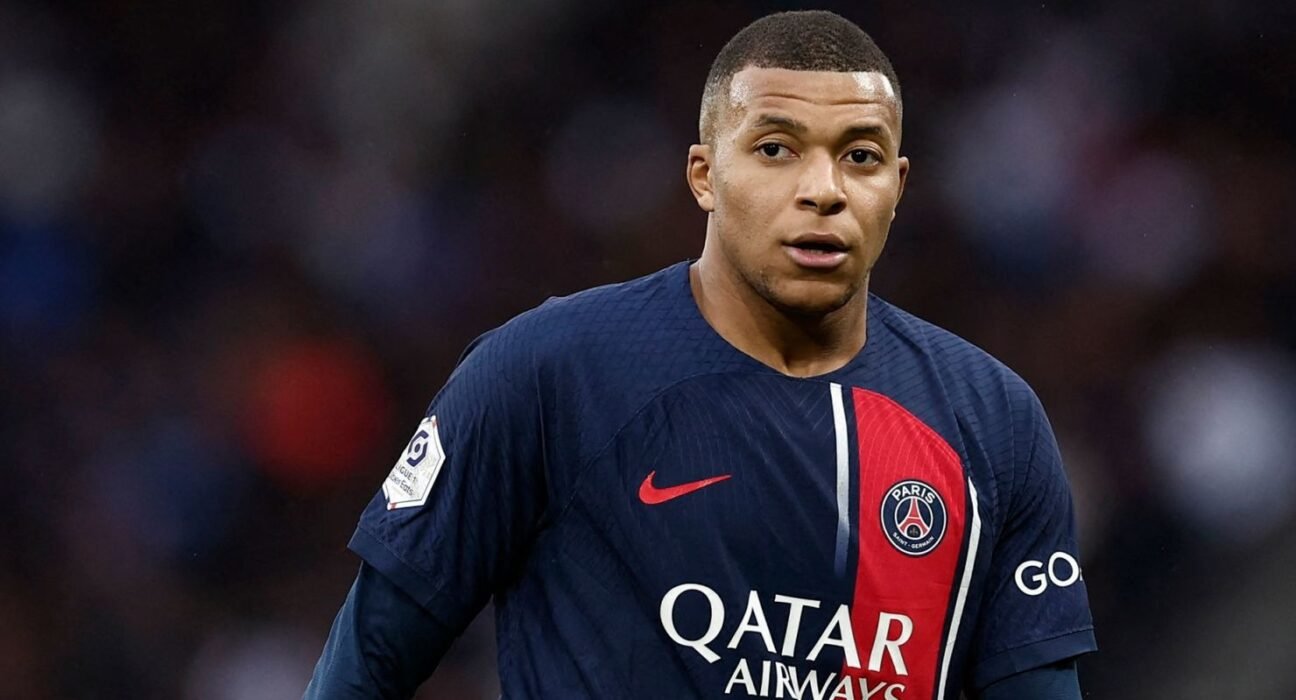Every Great footballer Has a Weakness
Even the best footballers in the world — Champions League starters, Ballon d’Or finalists, global icons — are flawed.
In a revealing breakdown by Ryan O’Hanlon, ESPN analyzes soccer’s biggest stars through the lens of the sport’s six core actions:
Running, Passing, Dribbling, Shooting, Jumping, and Defending.
The verdict? Perfection is not required for greatness — and sometimes, glaring holes can coexist with historic output.
Erling Haaland: The Scorer Who Doesn’t Pass
Haaland’s strength is obvious: goals, and lots of them.
But as Manchester City’s focal point, the Norwegian striker has become the poster child for one-dimensional brilliance. He averages just 12.38 passes per game, often vanishing from buildup play entirely.
Despite that, he leads one of Europe’s most complex systems in scoring — showing how finishing alone can carry world-class value.
Kylian Mbappé: Earthbound, by Choice
Mbappé is explosive in nearly every phase — except the air.
Incredibly, he’s contested just 10 aerial duels all season, a number more fitting for a deep-lying midfielder than a goal-chasing forward. But he doesn’t need to jump. His pace, footwork, and shooting do the damage.
The takeaway: dominance doesn’t require aerial prowess.
Harry Kane: Lost His Legs, Found His Brain
Once a high-octane presser and line-breaking runner, Kane “can’t run” like he used to. But at Bayern Munich, he’s evolved.
With smart movement, deeper positioning, and elite passing vision, Kane has redefined himself — becoming a creator-finisher hybrid while preserving his scoring output.
Proof that brains can extend brilliance when legs fade.
Mohamed Salah: Attack or Nothing
Salah has all but abandoned defensive tracking this season — and it’s worked.
While his off-ball work has noticeably declined, his attacking numbers have skyrocketed, with one of the most prolific seasons of his Liverpool career.
In Jürgen Klopp’s final season, Salah chose to conserve energy — and cash in with goals and assists.
Lautaro Martínez: Dribbler to a Fault
Inter Milan’s captain is lethal in front of goal — but the data says he’s better when he keeps it simple.
Lautaro’s dribbling attempts reduce Inter’s scoring chances, according to O’Hanlon’s analysis. Despite his ball-carrying instincts, his team is more efficient when he sticks to quick movements and finishing.
A rare case where less flair equals more goals.
Raphinha: Expected Goals, Unexpected Finishes
Barcelona’s high-energy winger Raphinha generates loads of chances — but rarely converts them.
Despite elite xG output, his finishing lags far behind. The shots are coming from good areas. The goals? Not so much.
It’s a puzzling gap that continues to separate good from great — and keeps Raphinha from ascending further.
Flawed Greatness: A Football Truth
This feature reminds us: even the best are incomplete.
Whether it’s passing, jumping, dribbling, or defending — the game’s elite succeed by leaning into their strengths, not perfecting their weaknesses.
In the end, football rewards impact — not symmetry. And the greatest often do one thing so well, the rest becomes irrelevant.




